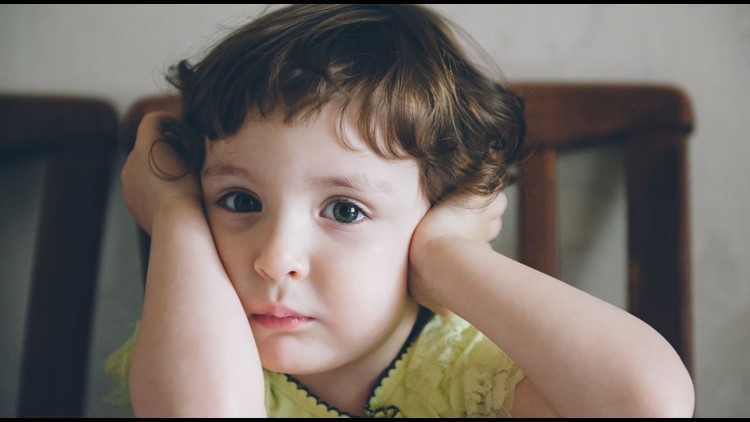Sponsored
We all experience stress, but some types of stress are more harmful than others. As a child, repeated exposure to toxic stress can trigger hormones and change the brain chemistry and development, and even put these children at greater risk for disease, homelessness, prison time and early death. In fact, a pair of doctors banded together to study what types of childhood experiences negatively impacted health and well-being later in life. Dr. Bob Anda and Dr. Vince Felitti published their findings as The CDC-Kaiser Permanente Adverse Childhood Experiences (ACE) Study.
Adverse Childhood Experience (ACE) is the term given to describe all types of abuse, neglect or other traumatic experiences that occur in anyone under age 18.
There are 10 types of childhood trauma measured in this study, which are written as “yes” or “no” questions. Five are personal; five are related to behaviors of immediate family members. A child’s ACE score is determined based on “yes” answers to these ten questions. ACE scores can range from zero to ten.
The higher a child’s ace score, the higher risk for adverse health and life outcomes. For example, “an ACE score of 4 or more makes children 32 times as likely to have problems in school.” – Dr. Nadine Burke Harris, Pediatrician and founder/CEO of Center for Youth Wellness.
To learn more about childhood trauma and how it affects brain development and future health risks, please view Nadine Burke Harris’ TED talk:
It’s important to know that even if a child has a high ACE score, they can still live successful, healthy lives as adults. This begins with resilience.
Resilience is the capacity to confront and cope with life’s challenges, or to maintain well- being in the face of adversity. Ask yourself, when something bad happens, do you see it as a catastrophe only, or as an opportunity to learn, grown or overcome? Someone with high resilience would likely see both, and have the ability to thrive during both good and bad situations.
So how does a child build resilience? There are two critical factors:
- The presence of a caring, stable adult
- Being raised in a safe, stable and nurturing environment
According to the film Resilience, two main approaches that are most effective include working with parents directly and interviewing early with children who have experienced toxic stress.
“By using techniques to allow them [children] to express what their worries are and their daily stress, to lower their experienced stress, we are going to be able to help them maintain their resilience. And that’s our goal.” – Dr. David Johnson, Clinical Psychologist, Post-Traumatic Stress Center
The Center for Family Safety and Healing hosts a Project S.A.F.E. conference twice a year. The spring conference showcased the film, Resilience. Community members spoke on the impact of adverse childhood experiences, and how the entire community must be trauma-informed and recognize ACEs as a public health threat. The next Project S.A.F.E. training will be held October 5, 2017. For more information, please visit our Facebook page or call 614-722-5985.
If you know a child who may have been abused or exposed to family violence, The Center for Family Safety and Healing offers a range of office and community-based counseling services to children and their families.
To schedule an intake appointment for your child's first counseling session, contact the Family Support Program's Intake Coordinator directly at (614) 722-8212.
Additional Resources
- If you’re interested in watching Resilience, visit the website to inquire about public screenings and view additional resources/FAQs: http://kpjrfilms.co/resilience/about-the-film/faq/
- The ACE Study: https://www.cdc.gov/violenceprevention/acestudy/about.html
- Determine your personal ACE score: http://buncombeaces.org/wp-content/uploads/2013/12/Whats-My-ACE-Score.pdf



